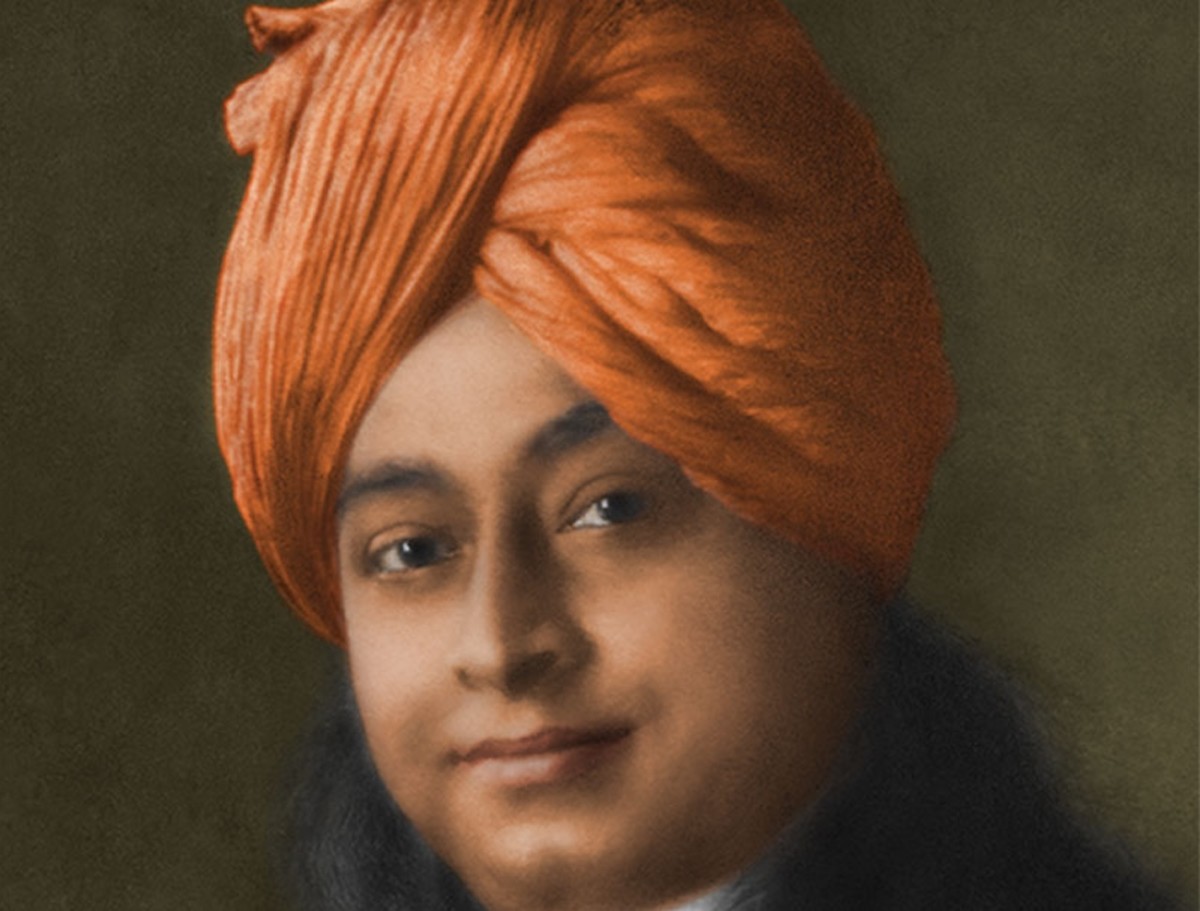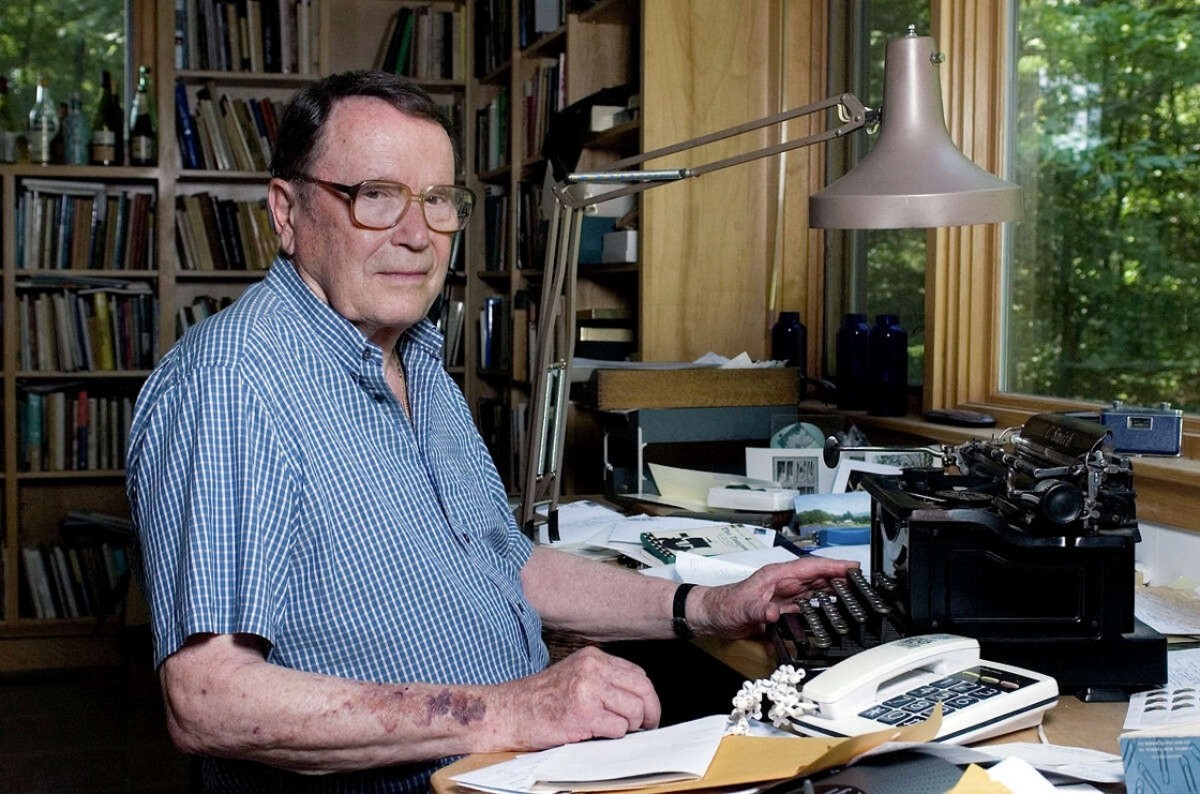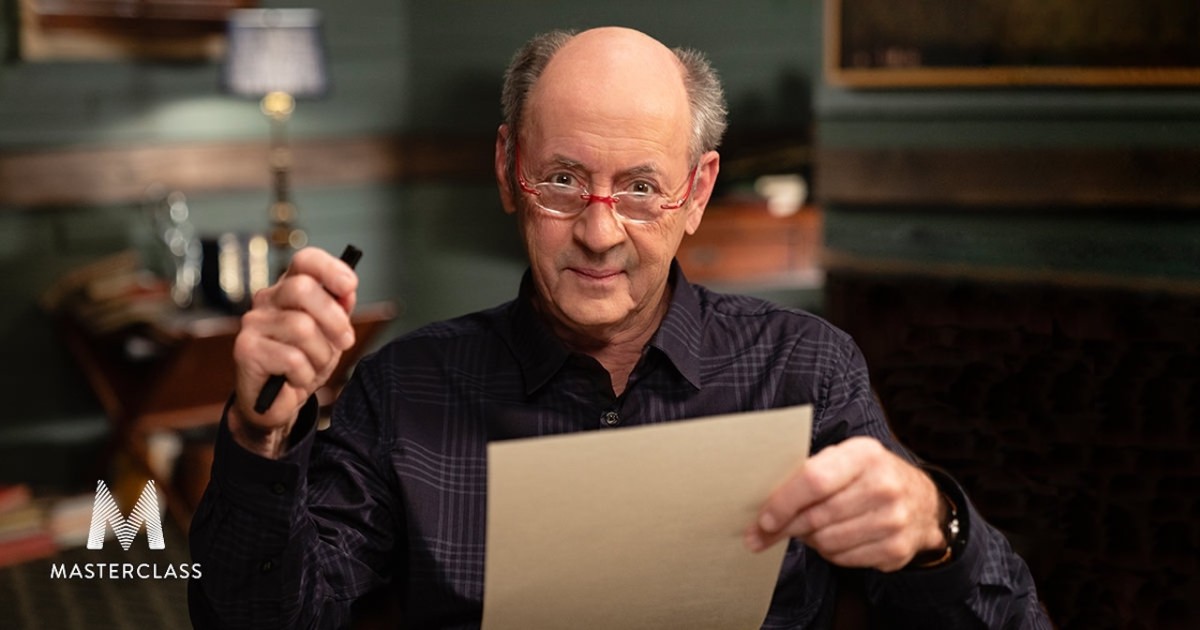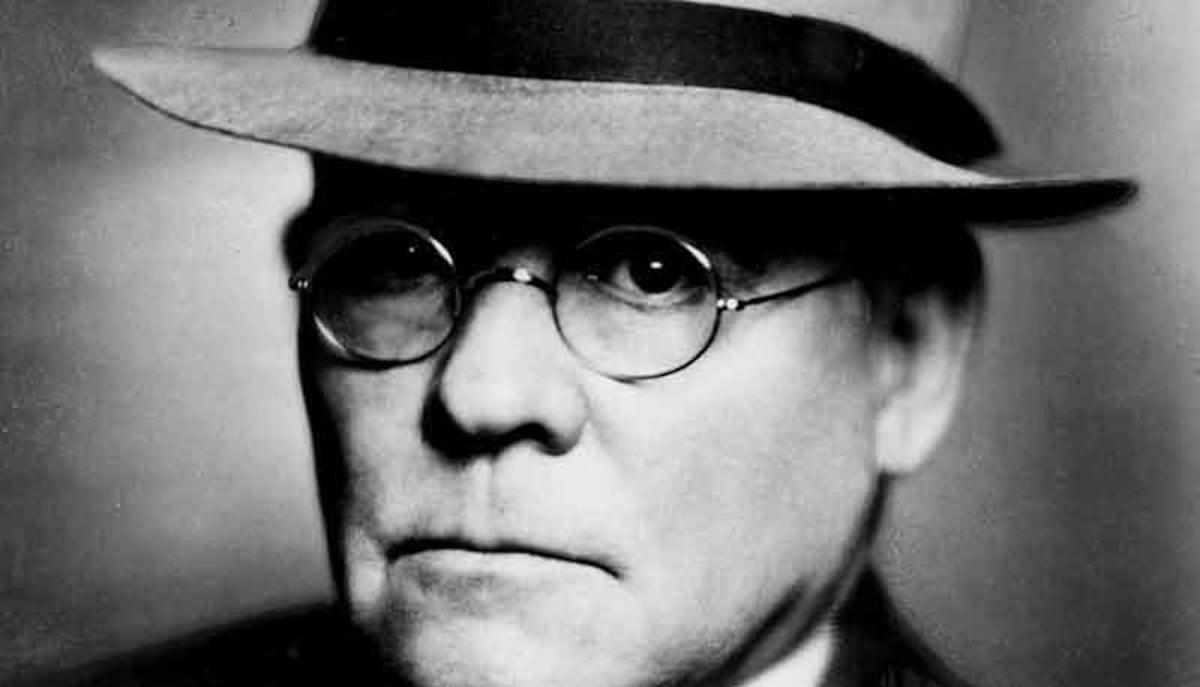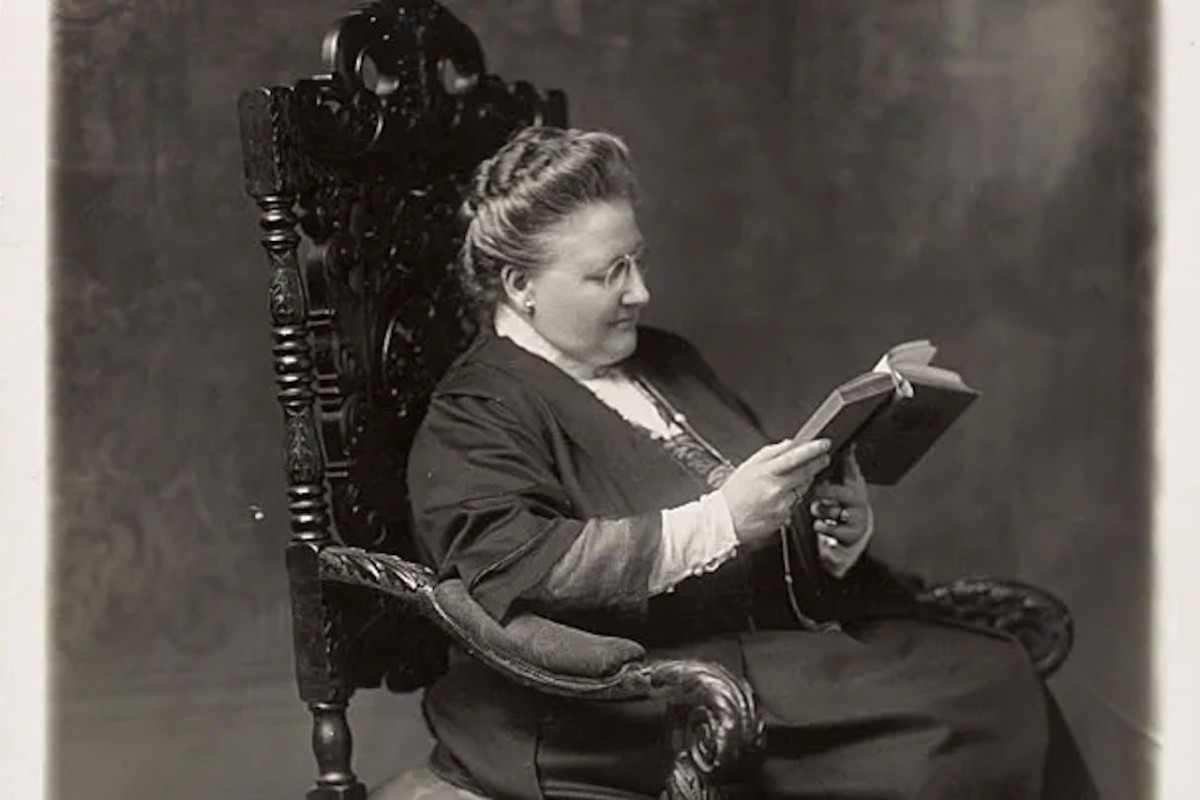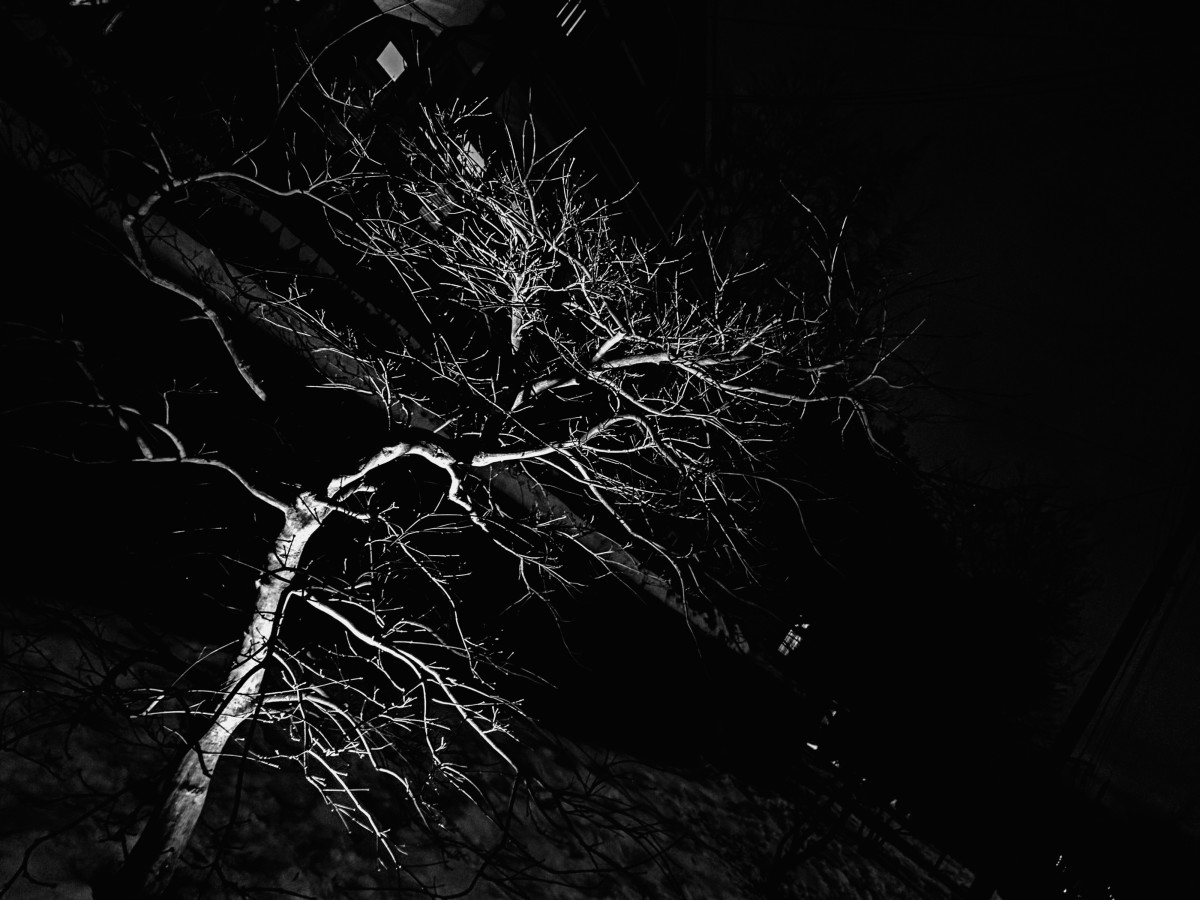Paramahansa Yogananda's "What Is Love?"

Introduction and Excerpt from "What Is Love?"
The term love is all encompassing, much broader than simply a feeling or an emotion. Love is a spiritual, substantive presence; it is the basic foundation on which all other human endeavors must build, if they are to result in success.
The speaker is thus dramatizing forcefully and colorfully a definition of "love," while putting on display its vital significance for following and advancing on the spiritual path.
Excerpt from "What Is Love?"
Love is the scent with the lotus born.
It is the silent choirs of petals
Singing the winter’s harmony of uniform beauty.
Love is the song of the soul, singing to God.
It is the balanced rhythmic dance of plants — sun and moon lit
In at the skyey hall festooned with fleecy clouds —
Around the sovereign Silent Will.
It is the thirst of the rose to drink the sun rays
And blush red with life.
’Tis the promptings of the mother earth
To feed her mild to the tender, thirsty roots,
And to nurse all life.
It is the urge of the sun
To see all things alive.
(Please note: This poem appears in Paramahansa Yogananda's Songs of the Soul, published by Self-Realization Fellowship, Los Angeles, CA, 1983 and 2014 printings. A slightly different version of this commentary appears in my publication titled Commentaries on Paramahansa Yogananda’s Songs of the Soul.)
Commentary on "What Is Love?"
The definition offered in this poem demonstrates the all-encompassing nature of love. Love is far more than a mere emotion, and this dramatization of its qualities makes clear its importance for a life lived, following the spiritual path.
First Movement: Harmony and Beauty
The speaker is asserting that love may be likened to a healthy flower whose scent is pleasant and alluring. Love may also be compared to the many colorful and beautifully shaped "petals" that unfold after the "harmony" of a winter's song has composed the "choirs" of beauty.
The speaker asserts, "Love is the song of the soul, singing to God." This assertion elucidates the subject matter revealed in the title of this collection of poems, Songs of the Soul.
The speaker is strongly suggesting that music comes from God and that the music of the human heart is for God, especially as the human singer aims his attention toward the Divine Belovèd Creator.
Beautiful, spiritual songs of the Divine possess a heavenly rhythm that plays out in the "dance of planets." The sun and the moon remain sterling and brilliant by the "Silent Will," which decorates the sky with "fleecy clouds."
Love is like a rose, thirsty as it drinks in "the sun rays" and then glows with a red blush pregnant "with life" shining forth from its metaphorical cheek.
Love can also be comprehended as "the mother earth" nourishing her young; with her milk (rain) that she bestows to feed and moisten "the tender, thirsty roots." That same earth mother also "nurses all life." Love especially parallels the sun whose "urge" is directed to sustaining life in "all things."
Second Movement: Parental Love
Unheard as well as unseen, the sustaining love of Divine Mother changes into the "protecting father-form." The Graceful Mother is capable of "feed[ing ]" all "mouths / With milk of mother's tenderness."
Those young mouths play a motivating role in compelling all human mothers and fathers to act as emissaries from the Divine Mother and Heavenly Father in nourishing and nurturing them.
The importance of parental love cannot be overstated. As the innocent babe requires much attention and care, he is eliciting from his parents the depth of their heart’s core. For the infant to grow and to flourish, that love must flow unceasingly.
That love is called "unconditional" because the parent is urged by deep motivations to give without thought of anything in return or how the youngster eventually turns out. Good or naughty, he will always have the love of his parents.
Third Movement: Beyond Narrow Walls
The speaker claims that the broad concept of love includes the wellbeing of the whole "family rose of petal-beings."
The individual who is capable of offering love will then be able to function beyond the narrow walls and halls of his original human family, and he will be able to go on to a wider social network of "national" and "international sympathy," and even beyond those earthbound classifications.
Love will move the individual on "to the limitless Cosmic Home," and that home is the place for which all human beings entertain cravings.
After the individual human heart is able to enclose all other beings in his own family to the wider family of the cosmos, the individual will be able to achieve the ultimate goal of truly grasping, "what love is" and thus remain capable of living all stations included in such knowledge.
Fourth Movement: Love’s Evolution
The speaker dramatizes love as "evolution's ameliorative call." Evolution, as a scientific concept, is widely misunderstood; it is the process of improvement, not simply the adaptation of physical characteristics. The opposite of "evolution" is "devolution," which the mind and heart of each human being strives to eschew.
Improvement means progressing toward the goal of "self-realization," which is God-union. Love, as a human emotion rightly employed, can assist and guide the mistake-ridden being to the correct path that leads to that self-awareness.
The "far-strayed sons" can then "return to perfection's home" through the unerring guidance of love.
The "beauty-robed ones" following the path of divine love "worship the great Beauty," that is, the Blessèd Divine Creator. The speaker avers clearly that, "love" is the "call of God"—and that merciful, alluring call arrives through "silent intelligences" and "starbursts of feelings."
The aspiring devotee is unmistakably guided through silent guideposts as well as by enhanced emotional events that burst forth in tranquil surrender.
Fifth Movement: Perfection’s Pathway
In the final movement, the speaker is voicing a marvelous statement: the entire creation, including each human being, is in the process of moving toward that "Heaven" to which "Love" is calling. The speaker, with this claim, is alluding to a definition of humanity once voiced by Sri Yukteswar.
Paramahansa Yogananda’s great guru explained that only two classes of people inhabit the earth plane. One class is seeking God, and the other is not. Sri Yukteswar averred that that distinction resulted in duality of wisdom vs ignorance.
The individuals who are "rushing by the straight path of action right" make up the first class—the wise who are seeking God, and those "wondering laboriously on error's path" are included in the second class—the ignorant who are not seeking God.
But the ultimate beauty, as well as salvation, for the two classes is that, "All [will] reach" that "Heaven" eventually. It will simply take more time to reach that coveted goal for those who choose to remain ignorant.

Related Paramahansa Yogananda Information
- Life Sketch of Paramahansa Yogananda: Father of Yoga in the West Paramahansa Yogananda is the monastic name of Mukunda Lal Ghosh. The sources for this brief life sketch of Paramahansa Yogananda are his Autobiography of a Yogi and the official Self-Realization Fellowship website.
Commentaries on Paramahansa Yogananda Poems
- Paramahansa Yogananda’s "Consecration" In the poem titled "Consecration," which opens Paramahansa Yogananda’s collection of spiritual poetry "Songs of the Soul," the speaker humbly consecrates his works to the Divine Creator. He also lovingly dedicates the collection to his earthly father.
- Paramahansa Yogananda's "The Garden of the New Year" In "The Garden of the New Year," the speaker celebrates the prospect of looking forward with enthusiastic preparation to live "life ideally!"
- Paramahansa Yogananda's "My Soul Is Marching On" This inspirational poem,"My Soul Is Marching On," offers a refrain which devotees can chant and feel uplifted in times of lagging interest or the dreaded spiritual dryness.
- Paramahansa Yogananda’s "When Will He Come?" How to stay motivated in pursuing the spiritual path remains a challenge. This poem, "When Will He Come?," dramatizes the key to meeting this spiritual challenge.
- Paramahansa Yogananda’s "Vanishing Bubbles" Worldly things are like bubbles in the sea; they mysteriously appear, prance around for a brief moment, and then are gone. This speaker dramatizes the bubbles’ brief sojourn but also reveals the solution for the minds and hearts left grieving for those natural phenomena that have vanished like those bubbles.
The Voice of Paramahansa Yogananda
This content is accurate and true to the best of the author’s knowledge and is not meant to substitute for formal and individualized advice from a qualified professional.
© 2025 Linda Sue Grimes

